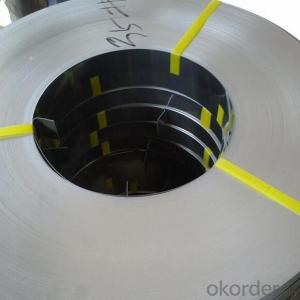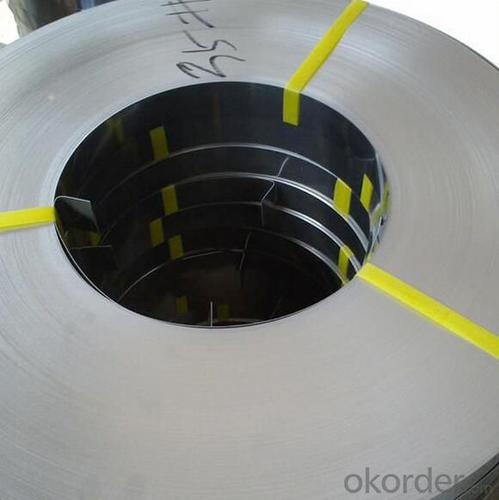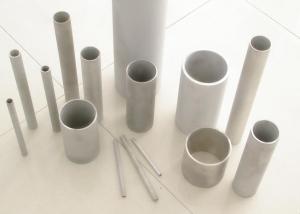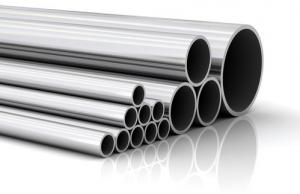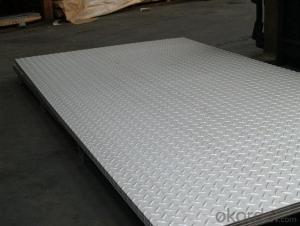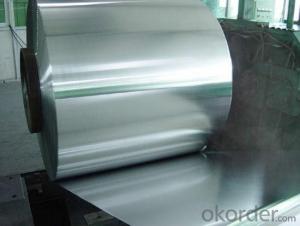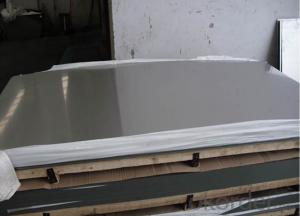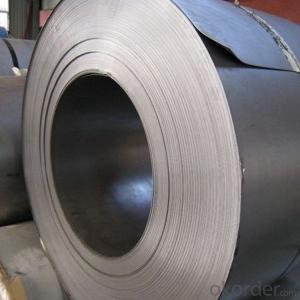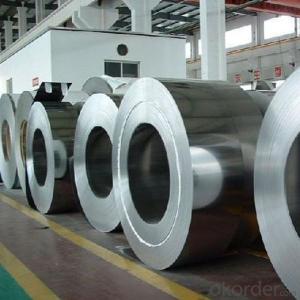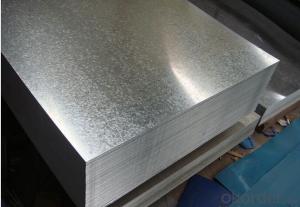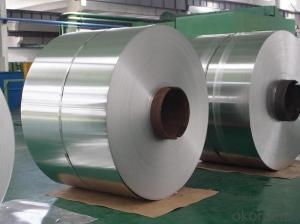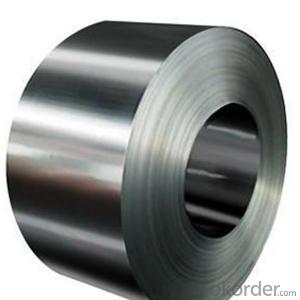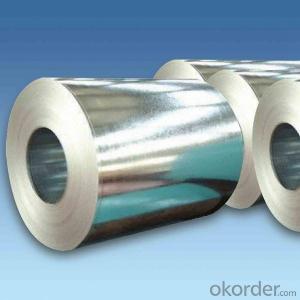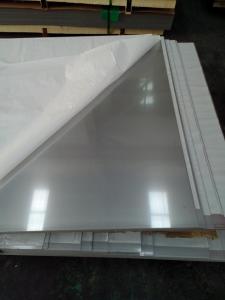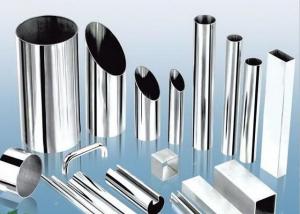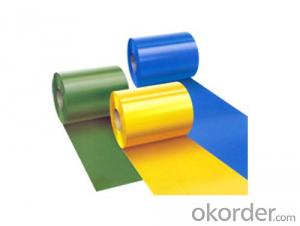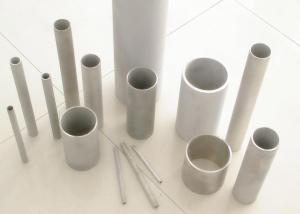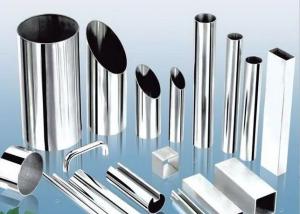Stainless Steel sheets 316L,Stainless Steel Coils Grade 316L from China
- Loading Port:
- China main port
- Payment Terms:
- TT OR LC
- Min Order Qty:
- 20 m.t.
- Supply Capability:
- 20000 m.t./month
OKorder Service Pledge
OKorder Financial Service
You Might Also Like
Specification
Stainless Steel sheets 316L,Stainless Steel Coils Grade 316L from China
Products Description
Name: stainless steel coils/plates/sheets
Discharge Port: Any Port, China
Cold Rolled Size: thickness0.3-8mm,Width:280-2100mm
Hot Rolled Size: Thickness3-14mm,Width:650-2100mm
Hot Rolled/Cold Rolled Plates : Thickness2-80mm,Width:1500-3000mm
Coil Weight: About 20 Tons
Grade: 201,202,304/304L/304H, 316/316L/316H, 409/L,430 etc.
Technique: Hot Rolled/Cold Rolled
Finish:2B, BA, 2D, No1, No2 etc
Edge: Mill Edge / Slitting Edge
Packaging: In bundles, or as customer's requirement
Place of Origin: Made in China
MOQ: 20 Tons
Payment Terms: 100% LC at sight, or 100%TT in advance
Delivery Time: With 30-40 days after deposit
Packaging & Delivery
Packaging Detail Standard export packing or following customer's demand
Delivery Time: Within 15-20 days after deposit or according to the order quantity
Detail picture of Products:
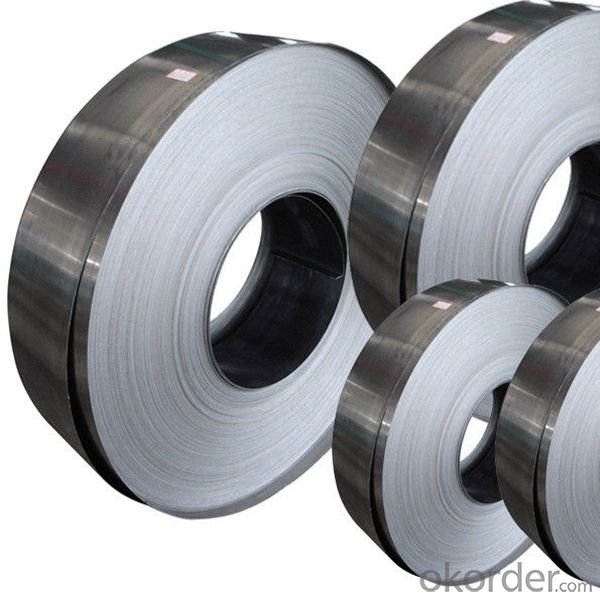
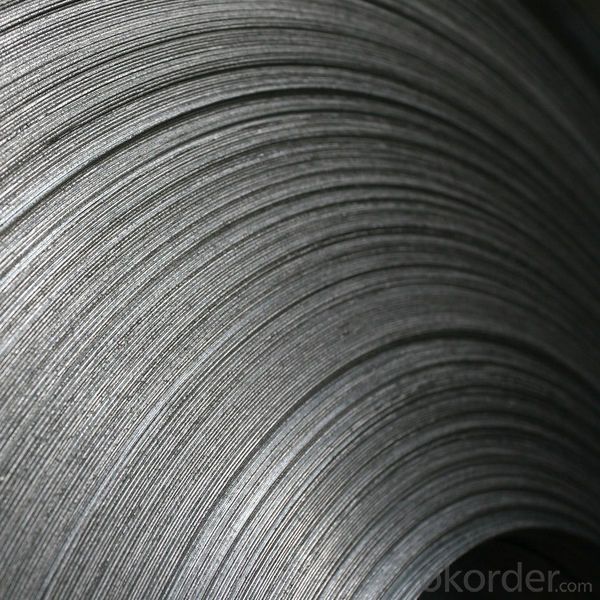
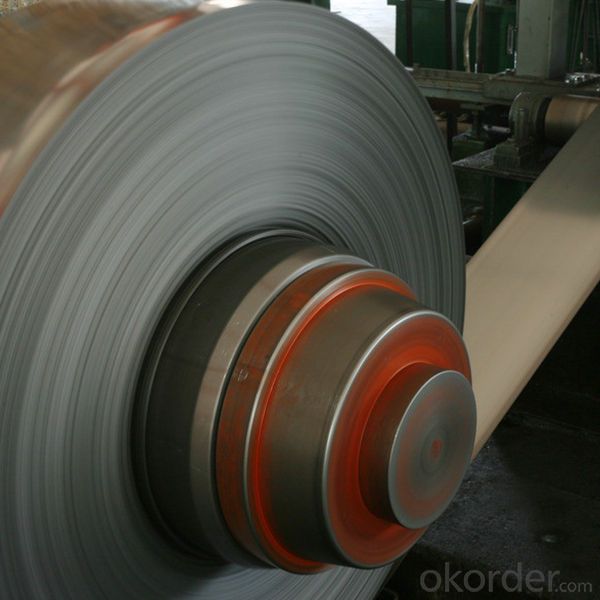
Application
Boiler heat exchanger, machinery andpetroleum ,chemical industries, hardware fields,Food industry,construction material,kitchen utensils, building construction, medical equipment,chemical tank, pipe etc

- Q: Can stainless steel sheets be used for brewery tanks?
- Yes, stainless steel sheets can be used for brewery tanks. Stainless steel is a commonly used material in the brewing industry due to its excellent corrosion resistance, strength, and hygienic properties. It is non-reactive, which means it does not interact with the beer or alter its taste, ensuring the purity and quality of the final product. Stainless steel sheets can be formed and welded to create tanks of various shapes and sizes, making them suitable for a wide range of brewing applications. Additionally, stainless steel is easy to clean, maintain, and sanitize, which is vital for maintaining the cleanliness and sterility of brewery tanks. Overall, stainless steel sheets are an ideal choice for brewery tanks due to their durability, chemical resistance, and hygienic properties.
- Q: Are stainless steel sheets suitable for oil and gas applications?
- Yes, stainless steel sheets are suitable for oil and gas applications. Stainless steel is known for its excellent corrosion resistance, making it highly suitable for use in harsh environments such as those found in the oil and gas industry. It can withstand exposure to a wide range of corrosive substances, including acids, alkalis, and saltwater, without deteriorating or corroding. Additionally, stainless steel has high strength and durability, making it capable of withstanding high-pressure conditions typically encountered in oil and gas operations. It is also resistant to high temperatures, which is important in applications where heat resistance is required. Furthermore, stainless steel sheets can be easily fabricated and shaped to meet specific design requirements, allowing for flexibility in engineering and construction. Overall, the combination of corrosion resistance, strength, and versatility makes stainless steel sheets an excellent choice for use in oil and gas applications.
- Q: Can stainless steel sheets be used for water treatment equipment?
- Yes, stainless steel sheets can be used for water treatment equipment. Stainless steel is highly resistant to corrosion and oxidation, making it an ideal material for water treatment applications. It is commonly used for tanks, pipes, valves, and other components in water treatment systems. Stainless steel's durability and hygienic properties make it suitable for handling various types of water, including drinking water, wastewater, and industrial process water. Additionally, stainless steel is easy to clean and maintain, ensuring the longevity and efficiency of water treatment equipment.
- Q: Are stainless steel sheets corrosion-resistant?
- Indeed, corrosion is not a concern when it comes to stainless steel sheets. This type of steel is engineered to resist corrosion and staining, making it exceptionally well-suited for a wide range of uses. The presence of abundant chromium in stainless steel prompts the formation of a protective layer on its surface, effectively warding off the development of rust and corrosion. Consequently, stainless steel sheets are highly suitable for deployment in environments prone to moisture, chemicals, or other corrosive agents. Moreover, their ability to endure high temperatures and exhibit remarkable durability further bolsters their resistance to corrosion.
- Q: Are stainless steel sheets suitable for elevator interiors?
- Yes, stainless steel sheets are highly suitable for elevator interiors. Stainless steel is a durable and versatile material that offers a range of benefits for elevator design and construction. Its strength and corrosion resistance make it ideal for withstanding the heavy use and potential exposure to moisture or chemicals commonly found in elevator environments. Stainless steel sheets can be easily customized and fabricated to fit specific elevator dimensions and designs. They can be polished to a high shine, giving a sleek and modern appearance that complements various interior styles. Additionally, stainless steel is easy to clean and maintain, making it a practical choice for high-traffic areas like elevators. Furthermore, stainless steel is a sustainable material, as it is fully recyclable and has a long lifespan, reducing the need for frequent replacements. It also offers excellent fire resistance, which is crucial for maintaining the safety of elevator occupants. Overall, stainless steel sheets provide a durable, aesthetically pleasing, and low-maintenance option for elevator interiors, making them highly suitable for use in elevators.
- Q: Can stainless steel sheets be used for exterior cladding?
- Indeed, exterior cladding can utilize stainless steel sheets. The robustness and resistance to corrosion of stainless steel make it appropriate for various purposes, including cladding. Stainless steel sheets present exceptional endurance against weathering, UV rays, and extreme temperatures, rendering them perfect for external usage. They can endure severe environmental conditions, such as heavy rain, snow, and strong winds, without deteriorating or losing their aesthetic charm. Moreover, stainless steel sheets are available in an extensive array of finishes, allowing for customization and design adaptability. Whether for residential, commercial, or industrial edifices, stainless steel cladding offers a durable and visually pleasing solution.
- Q: What are the bending limits of stainless steel sheets?
- The bending limits of stainless steel sheets depend on several factors such as the grade of stainless steel, thickness of the sheet, and the specific type of bending process being used. Stainless steel sheets are known for their excellent strength and durability, which allows them to be bent to a certain extent without breaking or cracking. In general, stainless steel sheets can be bent to a radius that is at least twice the thickness of the sheet. For example, if the sheet is 1mm thick, it can typically be bent to a minimum radius of 2mm. However, it is important to note that this is just a general guideline and the actual bending limits may vary depending on the specific grade of stainless steel. Certain grades of stainless steel, such as 304 and 316, have higher yield strengths and are more resistant to deformation, making them suitable for more severe bending applications. Thicker sheets also have higher bending limits compared to thinner ones, as they have more material to withstand the bending forces. It is also worth mentioning that the type of bending process used can affect the bending limits of stainless steel sheets. Processes like press brake bending and roll bending are commonly used for bending stainless steel sheets. These processes utilize different techniques and equipment, which can result in varying bending limits. To determine the exact bending limits for a specific grade and thickness of stainless steel sheet, it is best to consult the manufacturer's specifications or seek guidance from a professional metal fabricator. They can provide accurate information and guidance on the bending capabilities of stainless steel sheets for your specific application.
- Q: Can stainless steel sheets be used for pharmaceutical storage cabinets?
- Yes, stainless steel sheets can be used for pharmaceutical storage cabinets. Stainless steel is highly resistant to corrosion, making it an ideal material for storing pharmaceuticals, which often require sterile and hygienic conditions. Stainless steel is also easy to clean and maintain, ensuring that the storage cabinets remain contamination-free. Additionally, stainless steel is durable and long-lasting, providing a reliable and secure storage solution for pharmaceuticals.
- Q: What are the different types of stainless steel sheets available?
- When considering stainless steel sheets for your project or application, it is crucial to take into account the specific requirements, as there are several varieties available in the market, each with its own unique properties and applications. Here are some of the most common types: 1. Austenitic Stainless Steel Sheets: Widely used and highly popular, this type of stainless steel offers exceptional corrosion resistance, high strength, and good formability. It finds extensive usage in kitchen equipment, food processing plants, and pharmaceutical industries. 2. Ferritic Stainless Steel Sheets: Distinguished by a higher chromium content and lower carbon content in comparison to austenitic stainless steel, ferritic sheets are renowned for their outstanding stress corrosion cracking resistance. They are commonly utilized in automotive applications, architectural structures, and appliances. 3. Martensitic Stainless Steel Sheets: Boasting a higher carbon content than other types, martensitic sheets provide exceptional strength and hardness. They are frequently employed in applications requiring wear resistance, such as cutlery, surgical instruments, and turbine blades. 4. Duplex Stainless Steel Sheets: These sheets possess a mixed microstructure of austenite and ferrite, offering a combination of high strength and excellent corrosion resistance. They often find application in chemical processing plants, oil and gas industries, and marine environments. 5. Precipitation Hardening Stainless Steel Sheets: Heat-treatable and known for their high strength and corrosion resistance, precipitation hardening sheets are commonly found in aerospace applications, defense equipment, and high-performance industries. Considering the unique properties and advantages of each type, it is crucial to carefully evaluate the specific requirements of your project or application when selecting the appropriate stainless steel sheet.
- Q: What is the area of stainless steel plate?
- For example, a steel coil with known weight, thickness, length, width, and price, you can work out the cost price of each meter, and then you can set the price as you expect it
Send your message to us
Stainless Steel sheets 316L,Stainless Steel Coils Grade 316L from China
- Loading Port:
- China main port
- Payment Terms:
- TT OR LC
- Min Order Qty:
- 20 m.t.
- Supply Capability:
- 20000 m.t./month
OKorder Service Pledge
OKorder Financial Service
Similar products
Hot products
Hot Searches
Related keywords
